John Lok, a London merchant, brings a small group of enslaved Ghanaians to England.
Sir John Hawkins’s first English Atlantic slave voyage, selling slaves in Haiti to the Spanish
British settle Caribbean islands: Barbados in 1625; Jamaica in 1655
The case of Smith v. Brown and Cooper rules that “as soon as a negro comes into England, he becomes free,” but this ruling has little practical impact, and slavery continues in England nonetheless.

![[Unknown artist], *Elihu Yale Sundial*. Yale University Art Gallery; Gift of Ganson G. Depew, B.A. 1919, Clarence W. Bowen, B.A. 1873, Henry King Smith, B.A. 1898, E. Byrne Hackett, Hon. M.A. 1914, and R. Eden Dickson, Esq.] [Unknown artist], Elihu Yale Sundial](https://interactive.britishart.yale.edu/sites/default/files/styles/ycba_timeline/public/Sundial.jpg?itok=0CAQnMKZ)
Treaty of Utrecht. As part of the settlement, Britain is granted an absolute monopoly over the supply of slaves to Spanish colonies for a period of thirty years. This agreement marks a major turning point in the expansion of the British slave trade.
Attorney General Sir Philip Yorke and Solicitor-General Charles Talbot rule that a slave does not become free upon arrival in Britain, baptism does not confer freedom, and a master may legally compel him or her to return to the plantations.


Bristol supersedes London as Britain's most active slave-trading port. By 1747, Bristol is superseded, in turn, by Liverpool.


Seven Years' War

Tacky’s Revolt, Jamaica. This major slave uprising—one of the two largest in Jamaican history—is harshly repressed by British authorities. Four hundred rebels are killed in fighting and another one hundred are executed.
![[Unknown artist], *An Unknown Man, perhaps Charles Goring of Wiston (1744-1829), out Shooting with his Servant*. Yale Center for British Art, Paul Mellon Collection [Unknown artist], An Unknown Man](https://interactive.britishart.yale.edu/sites/default/files/styles/ycba_timeline/public/FoE_UnknownArtist_An%20Unknown%20Man.jpg?itok=0RI9dFuD)

![M. Darly (publisher), *My Lord—or the Chapeau Maccaroni*. Lewis Walpole Library, Yale University, 773.03.00.01 [Unknown artist], The Chapeau Macaroni](https://interactive.britishart.yale.edu/sites/default/files/styles/ycba_timeline/public/FoE_Darly_The%20Chapeau%20Macaroni.jpg?itok=j5fQQWnN)

In the lead-up to the American Revolution, Dunmore’s Proclamation offers freedom to any slave of any “rebel” (i.e., Patriot or pro-American) master who joins British forces.
American Revolutionary War
The captain of the slave ship Zong throws 132 African slaves overboard. The ship’s owner claims insurance for lost “cargo.” The ensuing legal case galvanizes broad public support for abolition in Britain.
Thomas Clarkson publishes Essay on the Slavery and Commerce of the Human Species, Particularly the African
Ottoba Cugoano’s Thoughts and Sentiments on the Evils of Slavery becomes the most radical challenge to slavery by an African-British author.
Founding of the Society for Effecting the Abolition of the Slave Trade in London
![[Unknown artist], *Signet ring for wax seal*. Yale Center for British Art [Unknown artist], Signet ring for wax seal](https://interactive.britishart.yale.edu/sites/default/files/styles/ycba_timeline/public/FoE_UnknownConder_signet%20ring%20for%20wax%20seal.jpg?itok=37-cJjue)
Olaudah Equiano’s Interesting Narrative is the first full account of the slave trade and slavery published by a formerly enslaved African. (Nine editions between 1789 and 1794.)

Haitian Revolution. Slave revolt in St. Domingue, Haiti, culminates in the abolition of slavery there and founding of the Republic of Haiti.



The Abolition of the Slave Trade Act. British Parliament passes a bill to abolish the transatlantic slave trade.
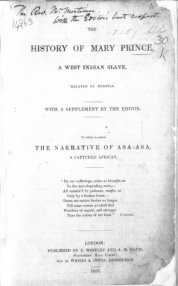
The Emancipation Act. British Parliament passes a bill ending slavery throughout Britain. The act stipulates an “apprenticeship period” for the enslaved prior to full freedom. British slave holders are promised £20 million in compensation.
![Elihu Yale, the second Duke of Devonshire, Lord James Cavendish, Mr. Tunstal, and a Page (Yale Center for British Art, Gift of Andrew Cavendish, eleventh Duke of Devonshire) [Unknown artist], group portrait featuring Elihu Yale (YCBA)](https://interactive.britishart.yale.edu/sites/default/files/styles/ycba_timeline/public/Elihu%20Yale%20%28YCBA%29_0.jpg?itok=ZaR96hOA)
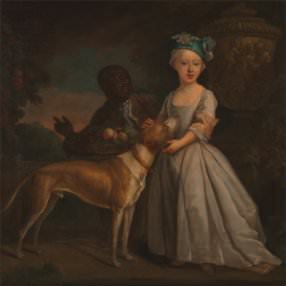
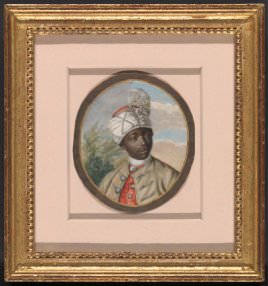
!["Two African Princes [Ayuba Suleiman Diallo and William Ansah Sessarakoo]," *Gentleman's Magazine and Historical Chronicle* (London: 1750). Yale Center for British Art, Rare Books and Manuscripts "Two African Princes," Gentleman's Magazine (London: 1750)](https://interactive.britishart.yale.edu/sites/default/files/styles/ycba_timeline/public/FoE_UnknownGentlemansMag_Two%20Princes.jpg?itok=RZnulheC)
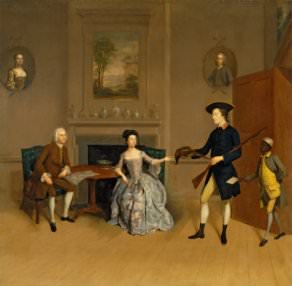
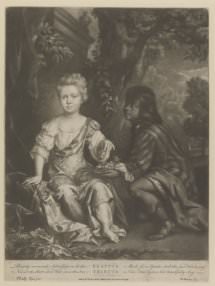
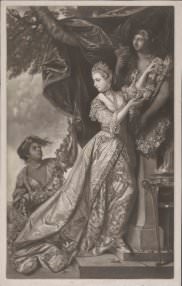
![[Unknown artist], *Phillis Wheatley, Negro servant to Mr. John Wheatley of Boston* (frontispiece to *Poems on Various Subjects, Religious and Moral*). Yale University Beinecke Rare Book and Manuscript Library, [Unknown artist], Phyllis Wheatley, Negro servant to Mr. John Wheatley of Boston (frontispiece to Poems on Various Subjects, Religious and Moral)](https://interactive.britishart.yale.edu/sites/default/files/styles/ycba_timeline/public/FoE_Wheatley_Poems%20on%20Various%20Subjects%20-%20Frontispiece.jpg?itok=WkrcpQLG)
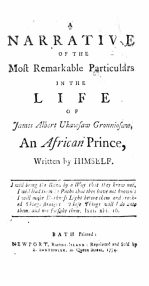
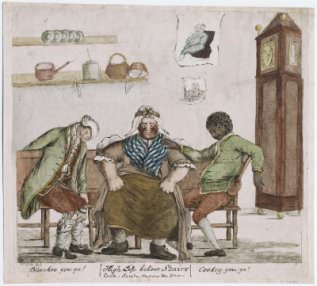
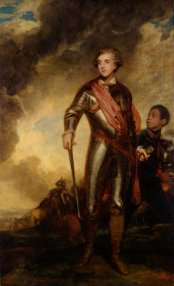
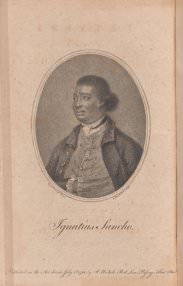
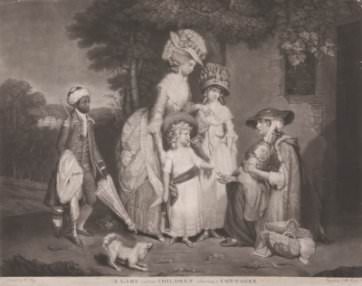
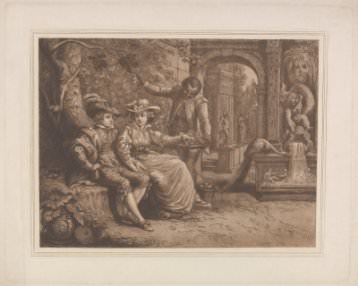
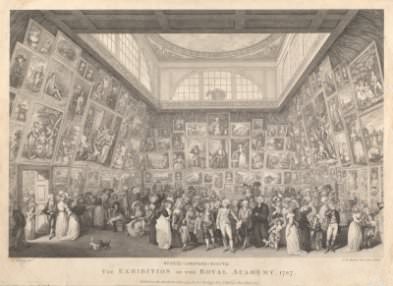
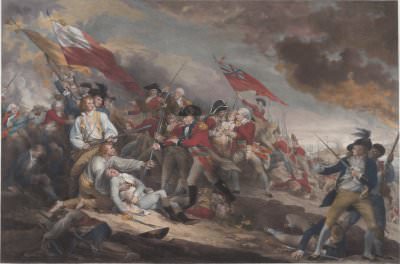
![[Unknown artist], "Olaudah Equiano, or Gustavus Vassa, the African," from *The Interesting Narrative of the Life of Olaudah Equiano* (Dublin: Printed for the author, 1791), frontispiece. Beinecke Rare Book and Manuscript Library, JWJ Zan Eq51 789Je [Unknown artist], "Olaudah Equiano, or Gustavus Vassa, the African," from *The Interesting Narrative of the Life of Olaudah Equiano* (Dublin: Printed for the author, 1791), frontispiece.](https://interactive.britishart.yale.edu/sites/default/files/styles/ycba_timeline/public/FoE_Equiano_The%20Interesting%20Narrative%20of%20the%20life%20of%20Olaudah%20Equiano_0.jpg?itok=rUc-JJcV)
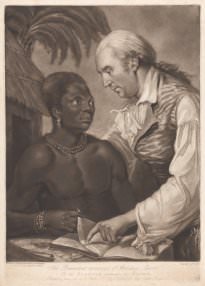
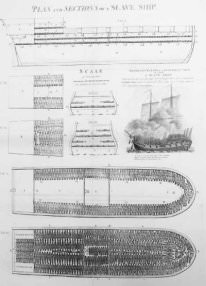
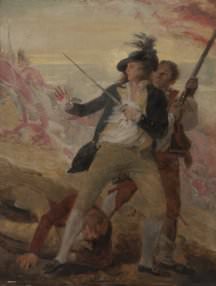
![[Untitled map of abolition of the slave trade] from Thomas Clarkson, *The History of the Rise, Progress, and Accomplishment of the Abolition of the African Slave-Trade by the British Parliament*. Beinecke Rare Book and Manuscript Library, In W890 Zz808 T. Clarkson, [Untitled map of abolition of the slave trade]](https://interactive.britishart.yale.edu/sites/default/files/styles/ycba_timeline/public/FoE_Clarkson_The%20history%20of%20the%20rise.jpg?itok=Fz6NWs7i)